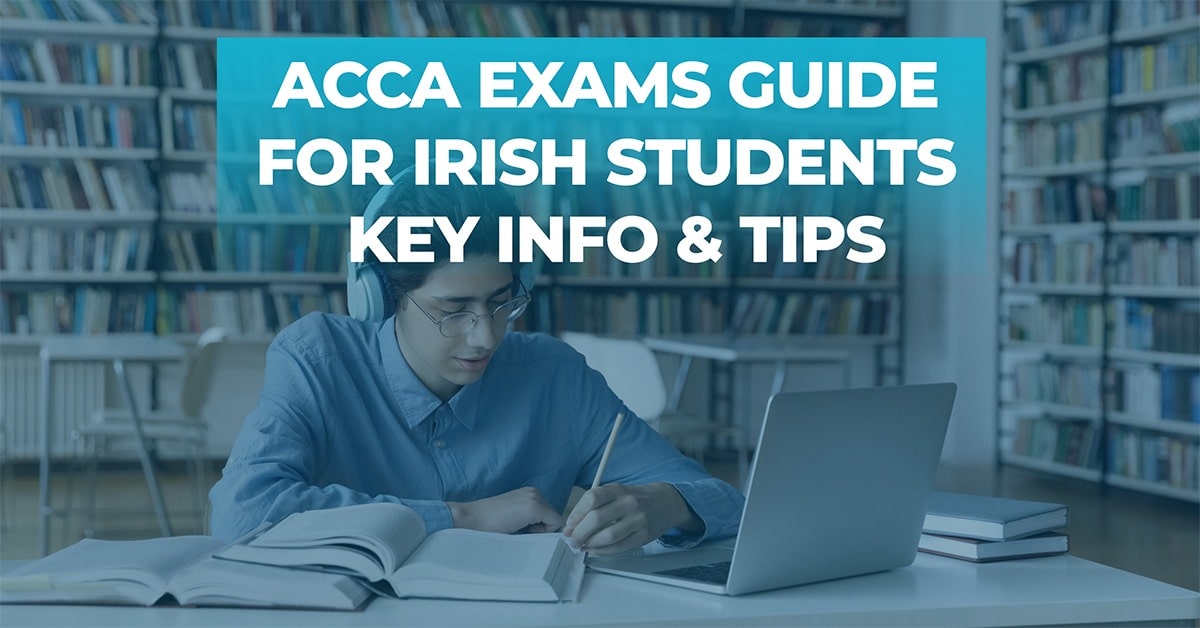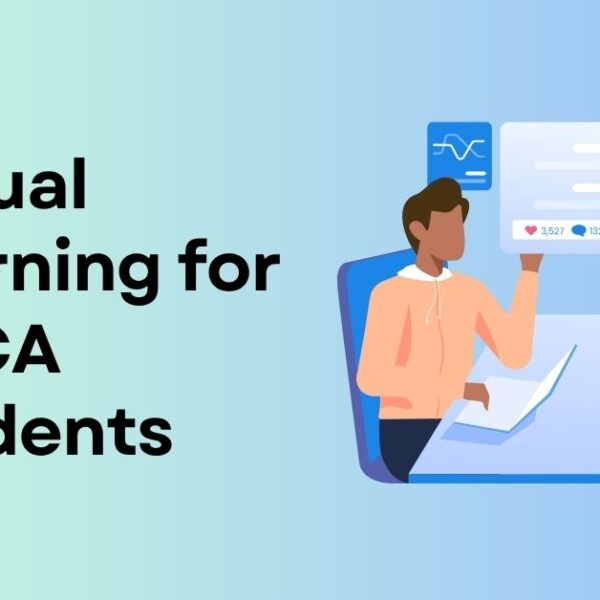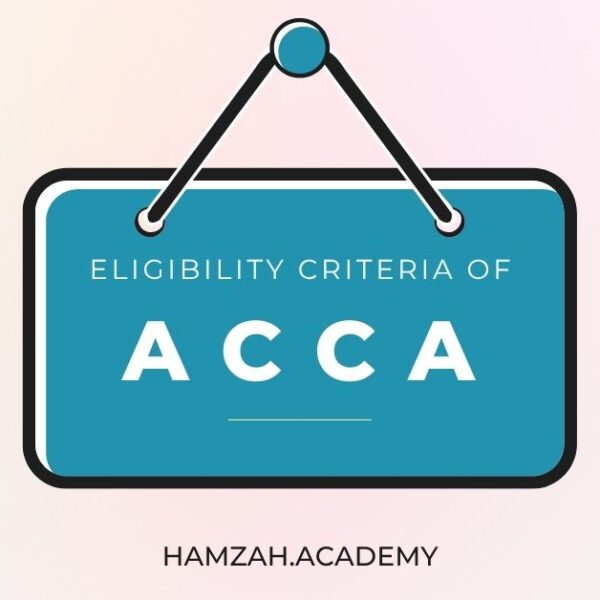For Irish students and professionals considering the Association of Chartered Certified Accountants (ACCA) qualification, understanding the exam structure, preparation strategies, and assessment procedures is crucial. This comprehensive guide breaks down everything you need to know about ACCA exams in Ireland, helping you navigate this challenging but rewarding journey.
ACCA Exam Structure in Ireland
The ACCA qualification consists of 13 exams divided into three levels:
Applied Knowledge Level
- Business and Technology (BT)
- Management Accounting (MA)
- Financial Accounting (FA)
These introductory exams establish the core principles of accounting and business. For many Irish students with relevant degrees or qualifications, exemptions from these papers may be available.
Applied Skills Level
- Corporate and Business Law (LW)
- Performance Management (PM)
- Taxation (TX)
- Financial Reporting (FR)
- Audit and Assurance (AA)
- Financial Management (FM)
These intermediate exams build technical knowledge and professional skills. The Irish variant of the Taxation paper (TX-IRL) specifically covers Irish tax legislation, making it particularly relevant for those planning to work in Ireland.
Strategic Professional Level
- Essential modules:
- Strategic Business Leader (SBL)
- Strategic Business Reporting (SBR)
- Optional modules (choose two):
- Advanced Financial Management (AFM)
- Advanced Performance Management (APM)
- Advanced Taxation (ATX)
- Advanced Audit and Assurance (AAA)
These final exams develop strategic thinking and leadership capabilities, preparing you for senior roles in the financial sector.
Exam Sessions and Registration in Ireland
ACCA exams in Ireland follow a quarterly schedule, with sessions typically held in March, June, September, and December. For the Applied Knowledge level, on-demand computer-based exams (CBEs) offer even greater flexibility, allowing you to schedule your exam at a time that suits you.
Registration for exams must be completed several weeks before the exam date, with early registration discounts available. Irish students should register through the official ACCA Global website and select their preferred exam centre in Ireland, with locations available in Dublin, Cork, Galway, and other major cities.
Study Options for Irish Students
Irish students have several options for preparing for ACCA exams:
Self-Study
For disciplined learners, self-study using official ACCA textbooks and resources can be a cost-effective approach. The ACCA Learning Community provides study resources, practice questions, and forums where you can connect with other students.
Online Courses
Online ACCA courses have gained popularity in Ireland, offering flexibility for working professionals. These typically include pre-recorded lectures, live webinars, practice questions, and mock exams.
In-Person Tuition
For those who prefer face-to-face learning, several tuition providers across Ireland offer classroom-based ACCA courses. These providers often have experienced tutors who can provide personalised support and guidance throughout your studies.
Blended Learning
Many Irish students opt for a blended approach, combining self-study with some form of tuition support. This provides the flexibility of self-paced learning with the structure and guidance of professional instruction.
Exam Preparation Strategies
Create a Structured Study Plan
Given the depth and breadth of ACCA exams, creating a comprehensive study plan is essential. Irish professionals typically need 150-200 hours of study per exam, so time management is crucial, especially if you’re balancing studies with work commitments.
Practice Past Papers
One of the most effective preparation strategies is working through past exam papers. These give you familiarity with the exam format, question styles, and time constraints. The ACCA website provides past papers with marking schemes that are invaluable for self-assessment.
Form Study Groups
Connecting with fellow ACCA students in Ireland can enhance your learning experience. Study groups offer opportunities to discuss complex concepts, share resources, and maintain motivation throughout your academic journey.
Professional Skills Development
The ACCA qualification assesses not just technical knowledge but also professional skills. Irish employers place a particular value on communication, analysis, and ethical decision-making skills. Developing these alongside your technical studies will prepare you for both the exams and your future career.
Exam Day Tips for Irish Candidates
Location Logistics
Plan your journey to the exam centre well in advance, taking into account potential traffic or public transportation delays. Dublin centres can be particularly busy during exam periods, so allow extra time for travel.
Required Documentation
You’ll need to bring your ACCA registration card and photo identification (passport or driving licence) to the exam. Without these, you may not be permitted to sit the exam.
Computer-Based Exams
For computer-based exams, familiarise yourself with the exam software through the ACCA’s practice platform. This prevents unnecessary stress on the day of the exam.
Time Management
ACCA exams are known for their time pressure. Practice answering questions under timed conditions to develop efficient exam techniques.
Post-Exam Procedures
Results for ACCA exams are typically released online approximately six weeks after the exam date. If unsuccessful, detailed feedback is provided to help you identify areas for improvement. For Irish students who don’t pass, a variety of resources are available, including tailored revision courses and one-to-one tuition.
Embracing the ACCA Journey
While ACCA exams are undoubtedly challenging, they’re designed to develop professionals who are ready to excel in the modern business environment. Irish employers recognise the rigour of the qualification, which explains why ACCA-qualified professionals are in such high demand across the country’s financial sector.
By understanding the exam structure, choosing the right study approach, and implementing effective preparation strategies, you can successfully navigate the ACCA qualification journey. Remember that each exam passed brings you one step closer to joining the global community of ACCA professionals and unlocking exciting career opportunities in Ireland’s dynamic financial landscape.








